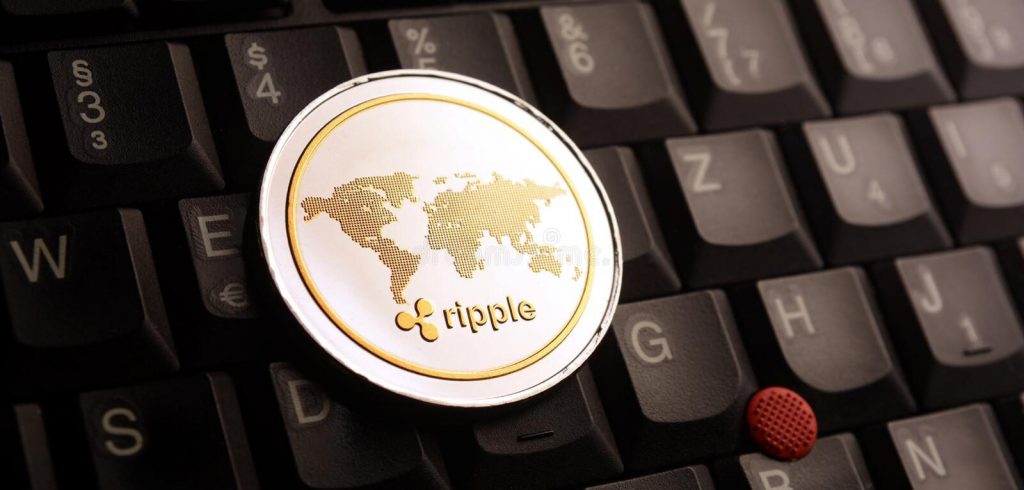Ripple has come a long way since its inception. CoinMarketCap ranks Ripple (XRP) as the seventh-largest cryptocurrency. XRP was created in 2012 by Jed McCaleb and David Schwartz to serve as the native currency for the XRP Ledger. The XRP Ledger is an open-source, permissionless technology. It stands out for its affordable cost, scalability, speed, and carbon neutrality.
The XRP Ledger and its native currency, XRP, are used by developers to create efficient remittance and asset tokenization solutions. Payments, tokenization, DeFi, CBDCs, stablecoins, and payments are just a few of the key uses for the XRP Ledger today. The team is also developing support for NFTs.
Ripple is working on building its web3 ecosystem
Ripple is eyeing expanding its wings in the web3 realm. In one of the recent tweets, Ripple’s official Twitter handle made a tweet. The tweet states that the company is searching for passionate web3 enthusiasts to join the team.
A San Francisco-based design consultant, btrax, announced a relationship with Ripple at the beginning of September. As part of the agreement, both organizations will collaborate to develop a Web3 design lab that is anchored on the XRP Ledger. However, the collaboration is part of a vision to aid Japanese firms to bolster their web3 businesses.

Ripple also opened its first office in Canada a few months back. The office is set to act as an engineering hub and plans to expand by hiring in Toronto.
In December 2020, the SEC filed charges against Ripple and its directors Brad Garlinghouse and Chris Larsen for failing to register XRP with the organization. The government asserts that the defendants violated federal securities laws as a consequence.
The price of XRP drastically dropped when the matter was first made public. However, a recent increase in community support has helped the coin gain momentum. The lawsuit is likely to be resolved by next year.
Credit: Source link






















 Bitcoin
Bitcoin  Ethereum
Ethereum  XRP
XRP  Tether
Tether  Solana
Solana  USDC
USDC  Dogecoin
Dogecoin  Cardano
Cardano  Lido Staked Ether
Lido Staked Ether  TRON
TRON  Wrapped Bitcoin
Wrapped Bitcoin  Wrapped stETH
Wrapped stETH  Chainlink
Chainlink  Avalanche
Avalanche  Sui
Sui  Stellar
Stellar  Litecoin
Litecoin  Hedera
Hedera  Toncoin
Toncoin  Shiba Inu
Shiba Inu  LEO Token
LEO Token  USDS
USDS  Hyperliquid
Hyperliquid  Polkadot
Polkadot  WETH
WETH  MANTRA
MANTRA  Bitcoin Cash
Bitcoin Cash  Bitget Token
Bitget Token  Ethena USDe
Ethena USDe  Wrapped eETH
Wrapped eETH  Uniswap
Uniswap  Monero
Monero  NEAR Protocol
NEAR Protocol  Pepe
Pepe  WhiteBIT Coin
WhiteBIT Coin  Aave
Aave  Bittensor
Bittensor  Ondo
Ondo  Aptos
Aptos  Internet Computer
Internet Computer  Dai
Dai  Official Trump
Official Trump  Ethereum Classic
Ethereum Classic  Mantle
Mantle  Tokenize Xchange
Tokenize Xchange  OKB
OKB  Gate
Gate  sUSDS
sUSDS  Sonic (prev. FTM)
Sonic (prev. FTM) 
